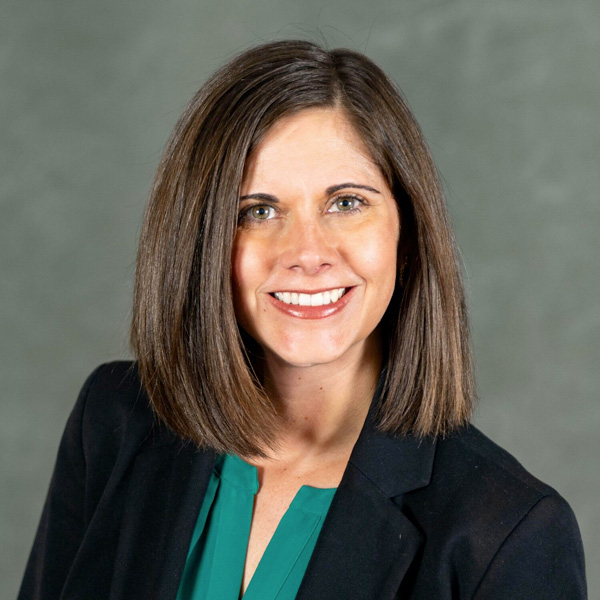Georgetown University’s Beeck Center Announces Cori Zarek as New Executive Director
The Beeck Center for Social Impact + Innovation at Georgetown University today announced that Cori Zarek will take over as executive director.
Zarek is a lawyer and public interest technologist with deep experience in government, civil society, and the tech sector. She served as Deputy Chief Technology Officer of the United States, designed and led the Mozilla Foundation’s tech policy fellowship program, and has worked with non-governmental organizations including Code for America. She joined the Beeck Center in 2019 to expand the action-oriented research and project work using data and technology for greater impact. Zarek has also designed curriculum and mentored students as an adjunct professor since 2007 at various universities including Georgetown.
“The Beeck Center’s work is increasingly focused on using tools like data and technology to solve problems in our society and Cori is a known leader for this work,” said outgoing Beeck Center Executive Director Sonal Shah, who founded the Center nearly eight years ago. “We know she will continue growing the Center’s work in this space to reimagine how our institutions better serve people. I look forward to supporting the work as a member of the Beeck Center’s Advisory Board.”

In her role at the White House from 2013-17, Zarek rolled out policies and practices on open data, digital government, and open source software. Zarek has extensive non-profit leadership experience, and currently serves as President of the Board of Directors of the MuckRock Foundation, a nonprofit, collaborative news site in the U.S. that promotes transparency for an informed democracy. In 2020, she co-founded U.S. Digital Response which matches pro-bono technologists to work with government and organizations responding to crisis. Previously, Zarek was President of the Board of Directors of the D.C. Open Government Coalition. Early in her career, she was a lawyer with the non-profit Reporters Committee for Freedom of the Press. She has both a B.A. and J.D. from the University of Iowa, where she is a member of the Advisory Board to the School of Journalism and Mass Communication.
“As tools like data, design, and technology continue to drive the way institutions operate, we have more opportunities to reimagine how those institutions solve problems and deliver better for society,” Zarek said. “The Beeck Center attracts fellows who want to use their data and tech skills to design new approaches that put people first and we train and teach students who are becoming the next leaders in the public interest tech community. This work is more important than ever and it is an honor to keep building on the incredible work Sonal has led.”
“The Beeck Center is a vibrant force of Georgetown University’s Initiative on Technology & Society and Cori has played a leading role in that cross-campus effort,” said Robert Groves, Georgetown University Provost. “Her leadership at the Beeck Center will continue to give students and faculty the hands-on opportunities to impact policy and practice in our institutions which is what they seek out in coming to Georgetown.”
After months of planning, Shah founded the Beeck Center in 2014 with a generous gift from Alberto and Olga Maria Beeck. She grew it into a leading center on campus for cross-collaboration and also co-founded Georgetown’s campus-wide Initiative on Technology & Society. Shah will continue her work as a professor at Georgetown and will continue advising the Tech & Society Initiative. She will also join the Beeck Center’s Advisory Board.

“The Center would not exist without Sonal and her dedication to building the Beeck Center and social impact. We are grateful that she will continue to be a part of the Center by joining the Advisory Board,” said Beeck Center Advisory Board Chairman Alberto Beeck. “Cori is an excellent leader and has the same qualities. We are excited that she will guide the Center to the next phase of growth while keeping students at the center of all that we do.”
Since 2014, the Beeck Center has served as a hub where both practitioners and students explore leading-edge ideas using tools like data and technology to drive toward better and more equitable practices in society. The more than 60 fellows, students, and staff at the Center lead projects ranging from increasing data capacity in state and local governments and community-based organizations, supporting and upskilling the public interest technology workforce, and establishing new approaches for digital identity or open source software in governments.